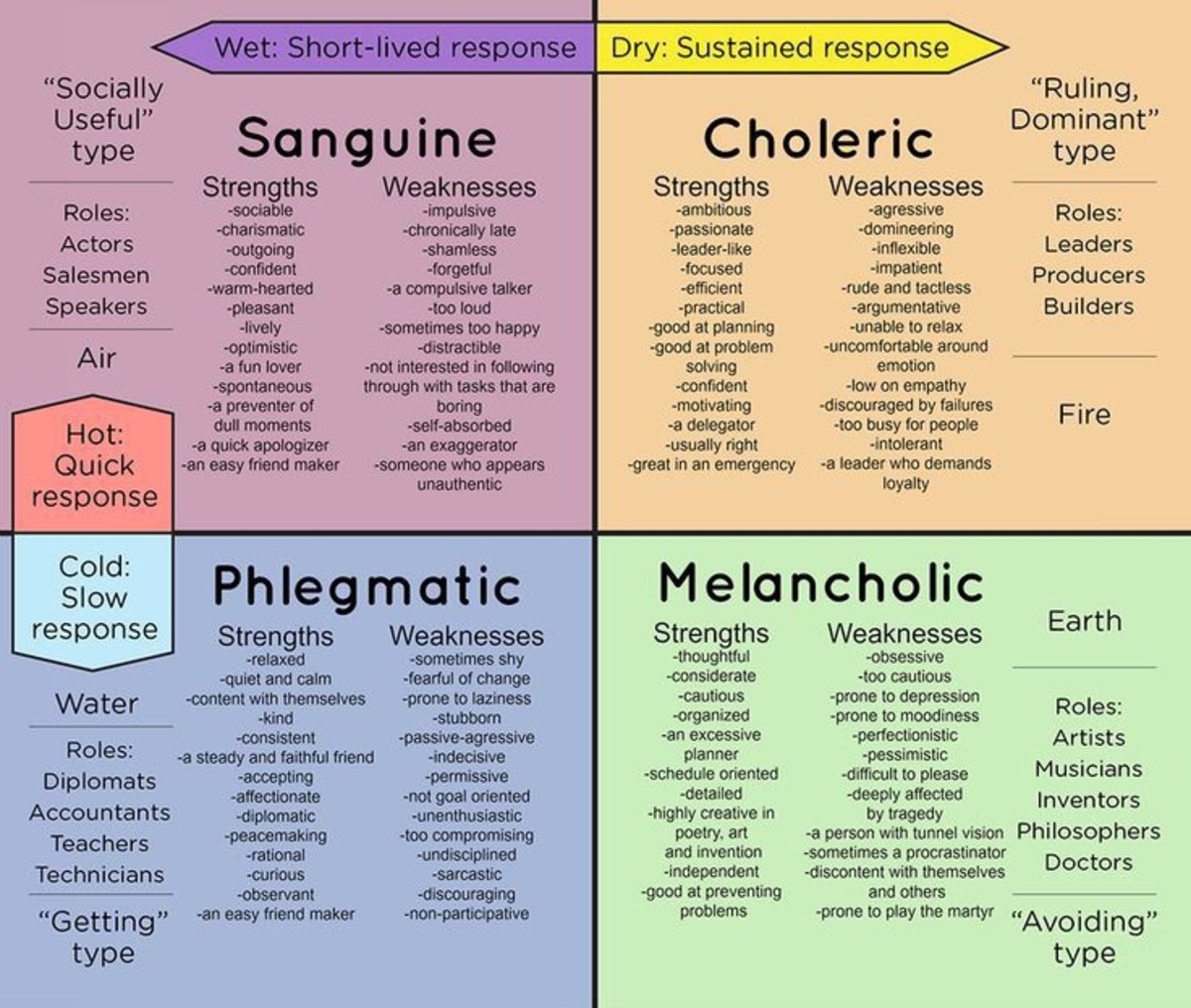Fair Fighting: How to Fight Fair When Emotions are High

Fair Fights Help Couples Solve Problems
Arguments can strain a marriage or relationship to its breaking point. Most breakups take place during the power struggle stage of a relationship's development, when arguing is most frequent. Fair fighting can improve a couple's odds by helping them avoid the kinds of behaviors that lead to lingering resentments and long-lasting emotional pain.
Fair fighting techniques have limitations. They will not create compatibility where none exists. They will not fix the problems that lead to arguments. What they will do is provide couples with an opportunity to reconnect and understand each other so that they can solve those problems faster and better.
As an alcohol and drug abuse counselor, I had a great deal of exposure to communication styles that didn't foster goodwill and conflict resolution. I guided my clients toward improving the way they communicated their needs and listened to their loved ones. I discovered some limitations to common wisdom about fair fighting, and will share that with you, too.
If you're eager to improve the way arguments are resolved in your relationship, keep reading for tips, techniques, and cautions that can help get your relationship back on track.
Anger Makes it Hard to Fight Fair
The first thing I'd like you to consider is that when emotions are high, logic flies out the window.
This is true of both positive and negative emotions. If you've just won a trillion-dollar lottery, you'll be too excited to sit down and listen patiently at the weekly office meeting. (I know, you won't need to, right!)
Intense anger produces a similar response. It kicks the body's "fight or flight" response into high gear. Muscles grow tense. Hearing sharpens. Our blood pressure spikes. Our heart rates speed up, and we breath faster, shallower breaths. Our nostrils flare. We become more alert to any signs of threat, a condition called "hypervigilance." Our bodies are flooded with adrenaline and cortisol, hormones designed to give us an edge when faced with physical dangers like our ancestors faced while hunting wooly mammoths.
In this condition, we make a choice to flee or fight, but once we decide to fight, our primal instinct to kill or be killed is at work in our brains despite our years of conditioning that have taught us to avoid socially unacceptable behaviors.
This isn't such great news when we're in the heat of the moment, but by recognizing that high anger inhibits our brains from responding with logic, we can create better opportunities for resolving conflicts that come our way.
Find the Time for Fair Fighting
When you have an unresolved disagreement with your husband or wife, recognize that the problem will still be there when you're both in a calmer mood, so you can take a breather and come back to it later.
Taking a breather serves a few different purposes. You'll feel calmer and more rational when you sit down together. You'll have had an opportunity to consider your spouse's view and to critique your own. Finally, it will let you figure out when you'll both have a half hour or so without distractions and other pressing issues.
Because the physical effects of anger can last for several hours after they're triggered, wait a bit before trying to pin your partner to a time for discussing the matter at hand. I recommend waiting until the next day to discuss important subjects, but after a brief cooling out period, it's fine to ask your partner to identify a time when the topic can be addressed.
If your partner is reluctant, be willing to set a time limit for any discussion. "Can we talk more about this for half an hour sometime tomorrow afternoon?" A problem may be too complex to solve in half an hour, but as I said a bit ago, it'll still be there. Aim for progress, but not perfection.
Ground Rules for Fair Fighting
When you do have discussions, agree beforehand to abide by certain ground rules.
1. Limit distractions. Turn off cell phones, send the kids outside, and make sure the television is off. Whenever reasonable, I encourage having a drink and a simple snack within arm's length, like mixed nuts, fresh fruit slices, or chips.
2. Agree to avoid blame, insults, and name-calling.
3. Agree to take turns listening to each other without interrupting. Although it will take practice and may never be completely achievable, if interruptions are a frequent source of anger, try using an object to indicate whose turn it is to speak.
4. Agree to limit your speaking time to a maximum of 1 or 2 minutes. Even though it may be difficult to do this at first, it's an important step. When a person talks for more than a minute, it becomes harder for the listener to pick up on what's most important to the speaker. The listener also may start to feel resentful and helpless when they don't have a chance to respond. Learning to get a point across in a short time is an important skill that benefits relationships.
5. Agree to discuss just one topic. Identify it before you begin, and return to it anytime the discussion veers off path.
6. Agree to stick to the present issue. I'll discuss this more in a moment.
7. Agree to work as a team to find a win-win solution rather than attacking the problem as enemies who expect a win-lose outcome. A win-win solution is one where both people feel like progress is achieved even if it's not an ideal outcome. You may find it helpful to remind yourselves that the relationship "we" is more important than invidual "I" in some cases. (Sometimes what's good for an individual can hurt the relationship, but if the relationship stays good, the reap the benefits.)
8. Agree to use active listening. I'll discuss this in more depth, too.
9. Agree to use soft voices.
10. Consider holding hands while discussing the problem.
Stay in Today to Fight Fair
Bringing up the past is generally unhelpful when trying to resolve a problem. It is more likely to increase defensiveness, anger, and resentment at a time when goodwill and affection are necessary to find the win-win solution you want.
Although I find this to be a valuable ground rule, my views on it are a bit different from other mental health professionals. Sometimes today's problem is a continuation of an ongoing problem. This is common where alcoholism, addiction, or abuse are present. It's also present when basic incompatibilities exist in a relationship.
When an underlying problem is the source of today's problem, resolving the current issue is a temporary fix at best. When this is the case, two problems exist but only one should be addressed at a time. Both people should be made aware of the topic to be addressed when they agree to sit down to a discussion rather than when the discussion begins. Ambushing another person will never gain their cooperation!
Chronic behaviors that cause secondary problems are very difficult to address. The chart below illustrates that when neither person thinks there's a problem, there isn't one. When they both agree that there's a problem, they have a problem to solve together. Both of them have reason to want a solution. However, if one person perceives a problem and the other doesn't, the one who perceives it has a problem that's his or her own problem.
Who Owns the Problem?
HIM: "This isn't a problem."
| HIM: "This is a problem."
| |
|---|---|---|
HER: "This is a problem."
| HER problem
| THEIR problem
|
HER: "This isn't a problem."
| NO problem
| HIS problem
|
When a chronic problem exists, one or both individuals may be in denial to varying degrees.
Fair fighting cannot resolve chronic problems where denial exists. It may make life more bearable temporarily, but the denial that's present will prevent it from repairing a damaged relationship. In these circumstances, a third party like a marriage counselor or member of the clergy may provide additional help.
Fair Fighting Requires Active Listening
A wise woman once said, "The listener sets the tone of a conversation." She was right. When we feel as if someone hears us, we don't need to raise our voices. When another person says, "I get what you mean," we don't feel a need to be defensive.
Start your fair fighting discussions as a good listener to establish an atmosphere that is supportive and caring.
Active listening is another important skill to develop for harmonious relationships. Because our minds think far faster than speech communicates thoughts, we have to slow our brains down a bit to be good listeners.
Instead of anticipating what you want to say while the other person is still speaking, stop and reflect on their words for a moment. Do you truly understand what they mean? Put their thoughts into your own words and ask them if you've captured the meaning they wanted you to understand.
Once they've confirmed that you understand, explain what is right about their viewpoint. You don't have to agree with them to show them that you "get it." You can say something like, "If I thought those things, I'd feel the same way" or "If I felt that way, I'd have the same thoughts you're having."
Validating your spouse shows them that you respect them and are taking time to understand them.
Paying attention to distractions, communicating negative thoughts with facial gestures like eyerolls and smirks, or interrupting our partners have the opposite effect. They degrade communication and stop progress dead in its tracks.
Attitude is Everything
When couples respect and admire each other, using fair fighting techniques isn't even necessary. It happens naturally, without such formalities as preset times for discussion or ground rules.
You or your spouse might understand this instinctively, and feel awkward about taking a step toward formalizing your communications. However, when stumbling blocks arise in your relationship, these techniques can help get you and your partner over the hump that's wedging itself between you.
There is one technique to fair fighting that I haven't mentioned, even though it's one of the first principles most guides on the subject present: using "I" statements. The formula is to describe the feelings you experienced when an event occurred, such as "I felt hurt when you didn't call to tell me you'd be late."
I've found that I statements have value only to the extent that they avoid placing blame. Unfortunately, they can be a pretty way to package and deliver blame in a less direct manner. This has the potential to sabotage your efforts to fight fair whether you're delivering or hearing these misleading statements.
It's better, in my opinion, to simply agree to avoid blame. When blame creeps into a discussion, a simple reminder like, "Can you rephrase that so it doesn't sound like you're blaming?" can redirect it back to the topic in a way that lets you focus again on win-win solutions.
Blame is an attitude that hurts relationships. A positive attitude toward each other is far more beneficial. To maximize the benefits of fair fighting, try to recall how you felt when your relationship was new and your attitude was one of eager interest in your partner. Remember how you sought to understand their thoughts, their beliefs, their values? Remember how their happiness was as important to you as your own? Can you revive that attitude today? Will you be able to revive it if fair fighting helps you resolve problems faster and better?
Can your partner remember and revisit that same open, accepting attitude when you start problem solving together?
One way to promote positive attitudes is to focus on our partner's good traits and remind them that we're aware of them as frequently as possible. John Gottman, PhD., is one of the world's foremost relationship experts. In his studies on long-term happily married couples, he discovered a ratio of five positive interactions for each negative one. Challenge yourself to make this a part of your daily interactions to regain a positive attitude and make fair fighting techniques something that comes naturally to your relationship.





